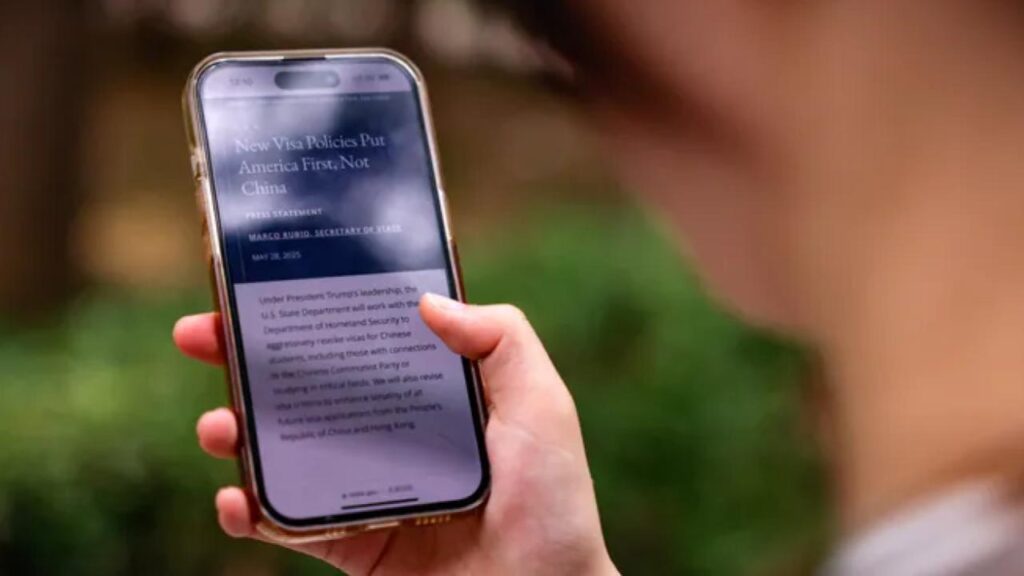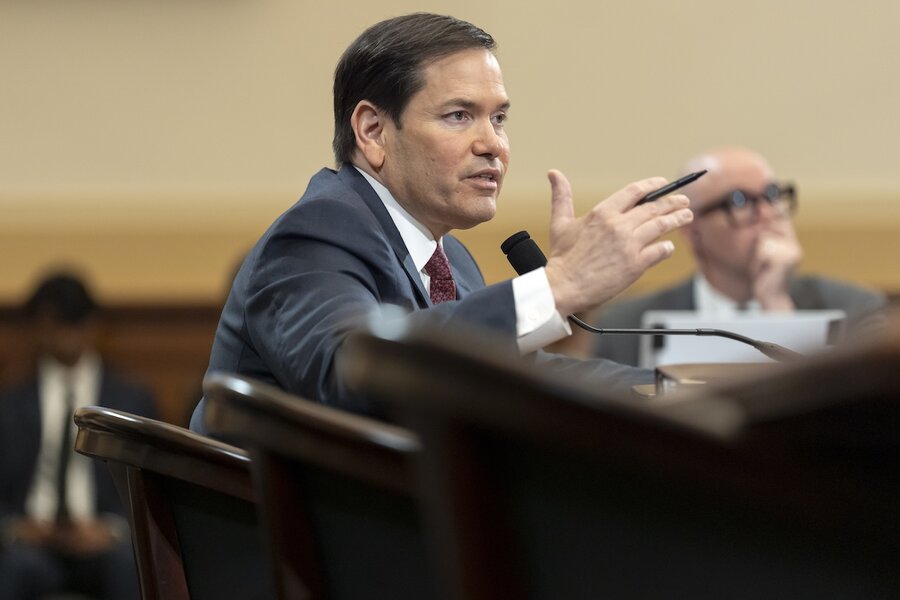In a move stirring anxiety across college campuses, the Trump administration has rolled out a policy allowing U.S. consular officers to comb through international students’ social media accounts—now with new deportation stakes. This article breaks down what students need to know and how universities are responding.

New Trump Policy Targets International Students
| Key Takeaway | Snapshot |
|---|---|
| Social media must be public | Applicants for F, M, or J visas are required to set their social media accounts to “public” for government review. |
| Visa denials and deportations | Posts deemed “hostile,” antisemitic, pro-terror, or supportive of protest movements like pro-Palestinian demonstrations can trigger visa denials—or revocations |
| Harvard singled out | A pilot at Harvard, including paused visa appointments and funding freezes, reflects a broader federal priority on universities with large international student bodies |
| Academic freedom at risk | Civil liberties advocates warn the policy chills political expression and campuses are rallying in response |
From one journalist’s experience, no government policy should muzzle academic freedom. This one, though framed around “national security,” ventures deep into ideological policing—placing international students in a precarious position. As campuses and courts push back, the stakes couldn’t be higher—for individual futures and institutional values alike.
Why This Matters Now
Earlier this month, the State Department halted new student visa appointments as it finalized rules that require full social media transparency from international applicants. As of June 18, appointments for new candidates resumed—but only under the new vetting standards.
What the new vetting covers:
- Public access to all social media accounts
- Screening for “hostility toward U.S. culture, citizens, institutions” and “support for foreign terrorists”
- No-shy zones: refusal to comply may count as hiding “unfavorable activities”
First‑Hand from Affected Students
“I’ve been refreshing the site every hour hoping for an interview slot,” shared a Chinese Ph.D. student waiting in Toronto—still uncertain whether her pro‑Palestinian posts might jeopardize her visa.
At Tufts, Turkish F‑1 student Rümeysa Öztürk was detained in March after co‑authoring a campus op‑ed critical of university handling of Gaza demonstrations. Though released, her visa was revoked pending legal proceedings—raising alarms.
How Universities Are Responding
- Legal action: Harvard, Columbia, Yale and more have sued, arguing the policy violates free-speech rights and oversteps federal authority.
- Campus protests: Over 200 institutions signed a letter condemning what they call an “ideological-deportation policy”.
- Student support: Grassroots groups—like SOS app communities—are forming to help international students navigate the risks.

What Students Should Do Now
- Make social media public — Privacy settings must allow review.
- Audit your posts — Be prepared to explain political views that might raise red flags.
- Know your rights — Non‑citizens still hold some First Amendment protections; legal resources are mobilizing.
- Plan contingencies — Consider backup programs or universities, and allow extra time for visa interviews.
Broader Context
This policy builds on two key Trump-era executive orders:
- EO 14159 (“Protecting… Against Invasion”)—authorizes broader deportation powers, including expedited removal
- EO 14188 (“Additional Measures to Combat Antisemitism”)—directs monitoring of foreign students for antisemitic content
Since January 2025, these powers have been used to revoke visas from hundreds—soon thousands—of students tied to vocal activism.
Frequently Asked Questions
Q: What counts as “hostile” online content?
Anything suggesting opposition to U.S. policies, institutions, or descriptors that are interpreted as antisemitic or supportive of terrorism may be flagged. The line remains vague and subject to consular discretion.
Q: Can current visa holders be revoked?
Yes. Many activists (pro-Palestinian, pro-Gaza) have had visas revoked under these same guidelines—and revocations can happen retrospectively.
Q: How do I legally challenge a visa denial or deportation?
Litigation is underway. Universities and civil-rights groups are filing suits. Non-citizens do retain some First Amendment protections, but challenges are complex.






